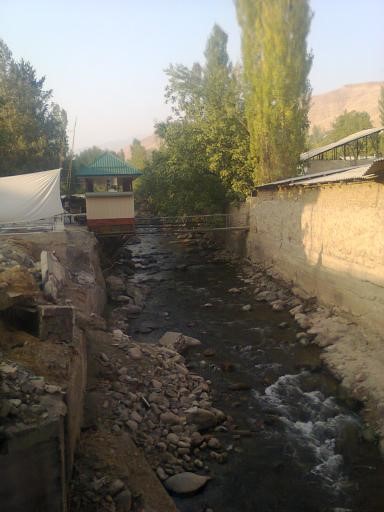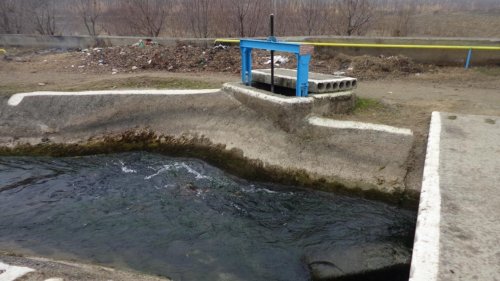

PROJECT TITLE: WB Project: P1163343 - Strengthening local irrigation governance in Central Asia
CLIENT: World Bank
PERIOD: 2014
PROJECT AIM
The objectives of this assignment were to work with a World Bank consultant and under his guidance:
-Review the field data that have been collected and support the WB consultant in re-producing the write-up and identifying data gaps.
-Field test and finalize the field instruments for the additional field work to collect the missing data.
-Collect the data and produce high quality field reports presenting the narratives, results of the exercises, maps and other needed information.
-Produce digital maps for each of the WCA that present the location of the secondary and tertiary canals, water distribution structures, location of villages, farmers and household plots, and crops cultivated.
-Help produce a summary of key findings based on a review of the final data set.
DESCRIPTION OF ACTUAL SERVICES PROVIDED IN THE ASSIGNMENT
In close collaboration with the WB consultant, a number of activities were undertaken. These included:
-Worked with the WB consultant to systematize and interpret the data that had already been collected and identified gaps. Prepared and translated the transcripts of the earlier field work for use by the WB consultant.
-Finalized field work instruments and guidebooks for additional data collection, including for (i) in-depth field interviews, and (ii) focus group discussions.
-Conducted the first round of additional data collection: carried out at least 15 in-depth interviews, five in each of three of the eight case study sites that contrasted in terms of quality of water management. These included Navoi (high quality management practices), Tashkent oblast (good management practices, no state-ordered crops), and Namangan (poor water management and availability). Collected maps of all case study sites, showing the location of all infrastructure (including canals and water management structures), land use/crops, and the location of private farmers and Tomorka owners/dekhan farmers.
-Conducted the second round of data collection. Held three focus group discussions in Kuva District, 1–2 in each of two case study sites: one with predominantly horticultural crops and one where the head of the WCA was a woman. Carried out another 10 field interviews in each of these two sites in Kuva District.